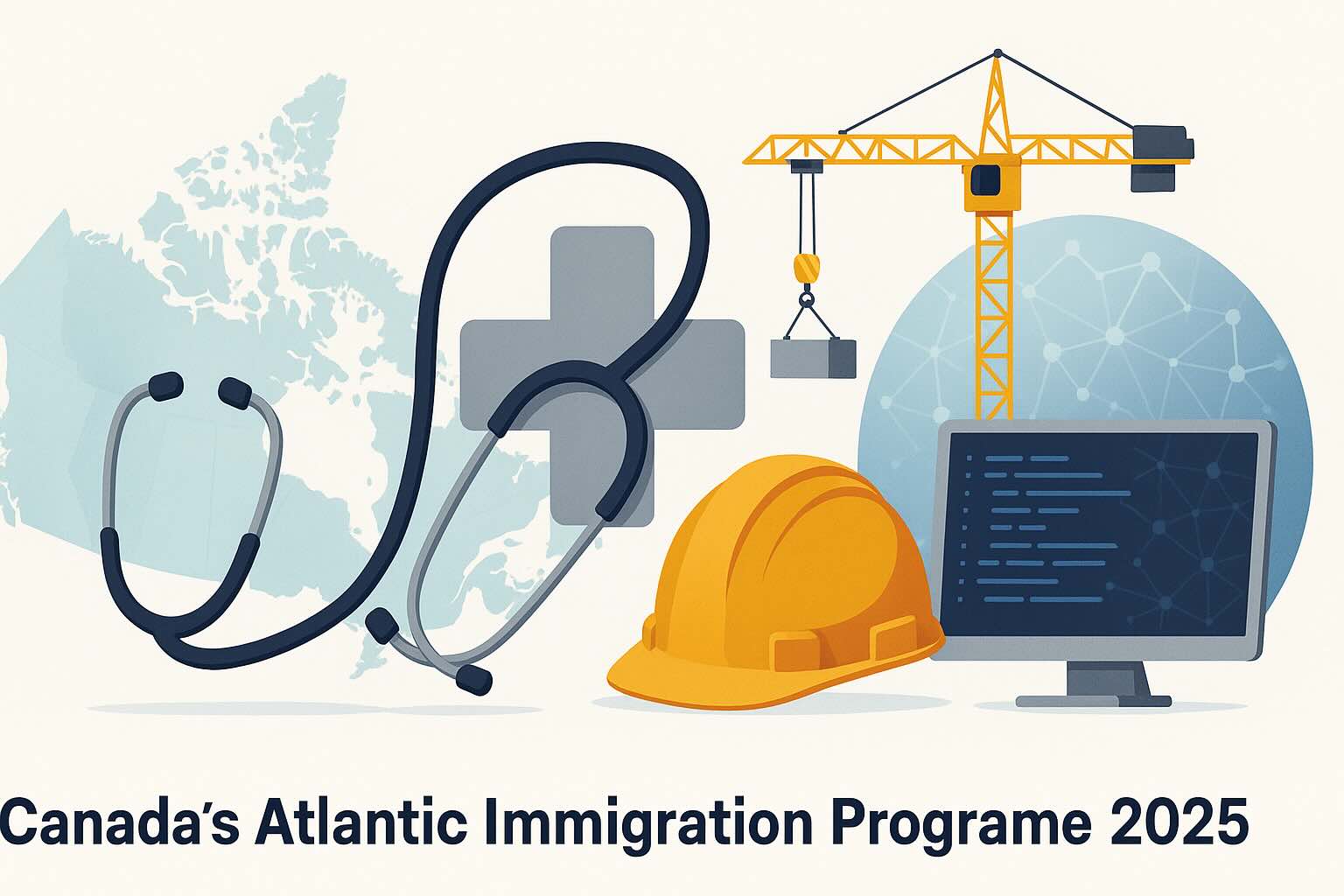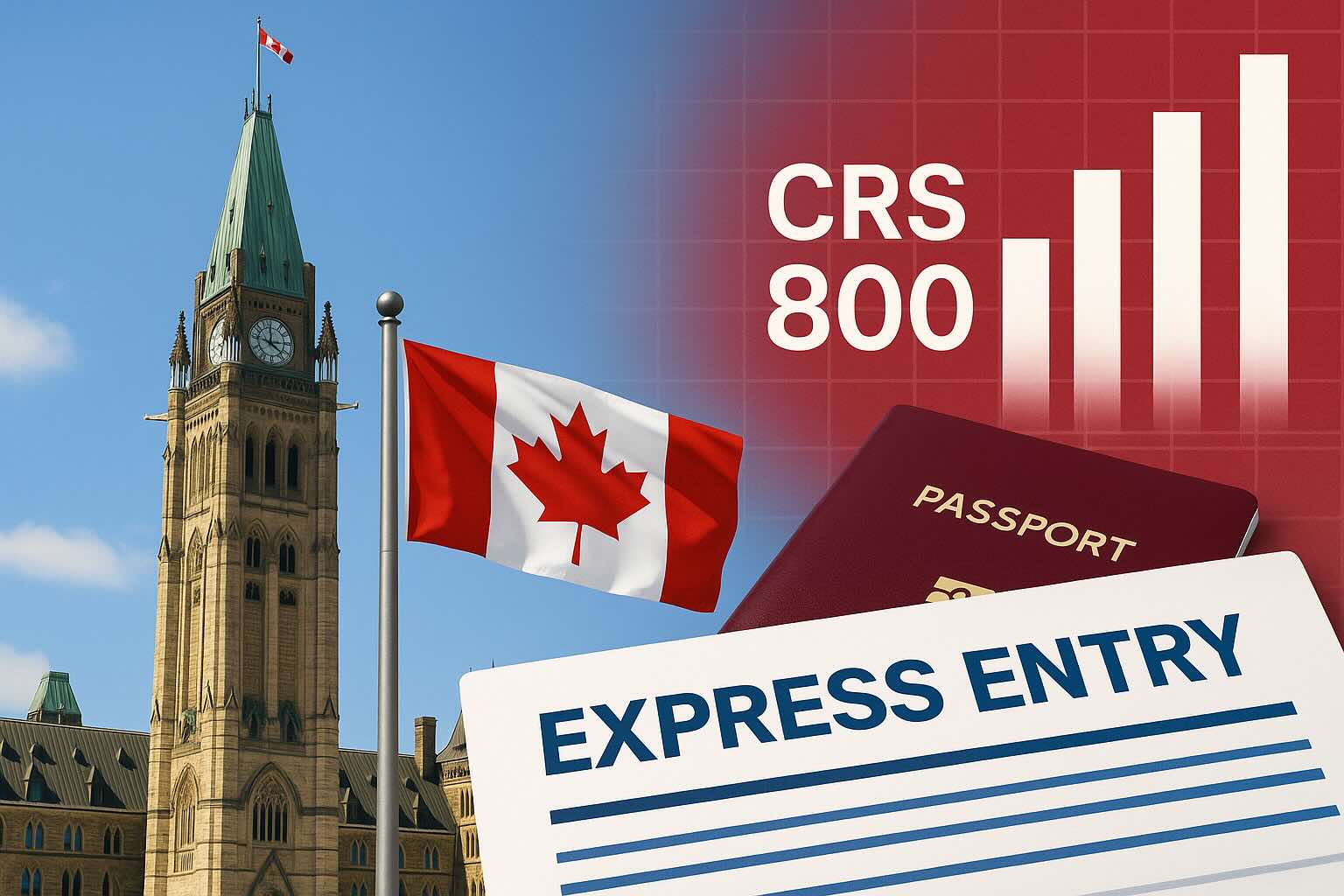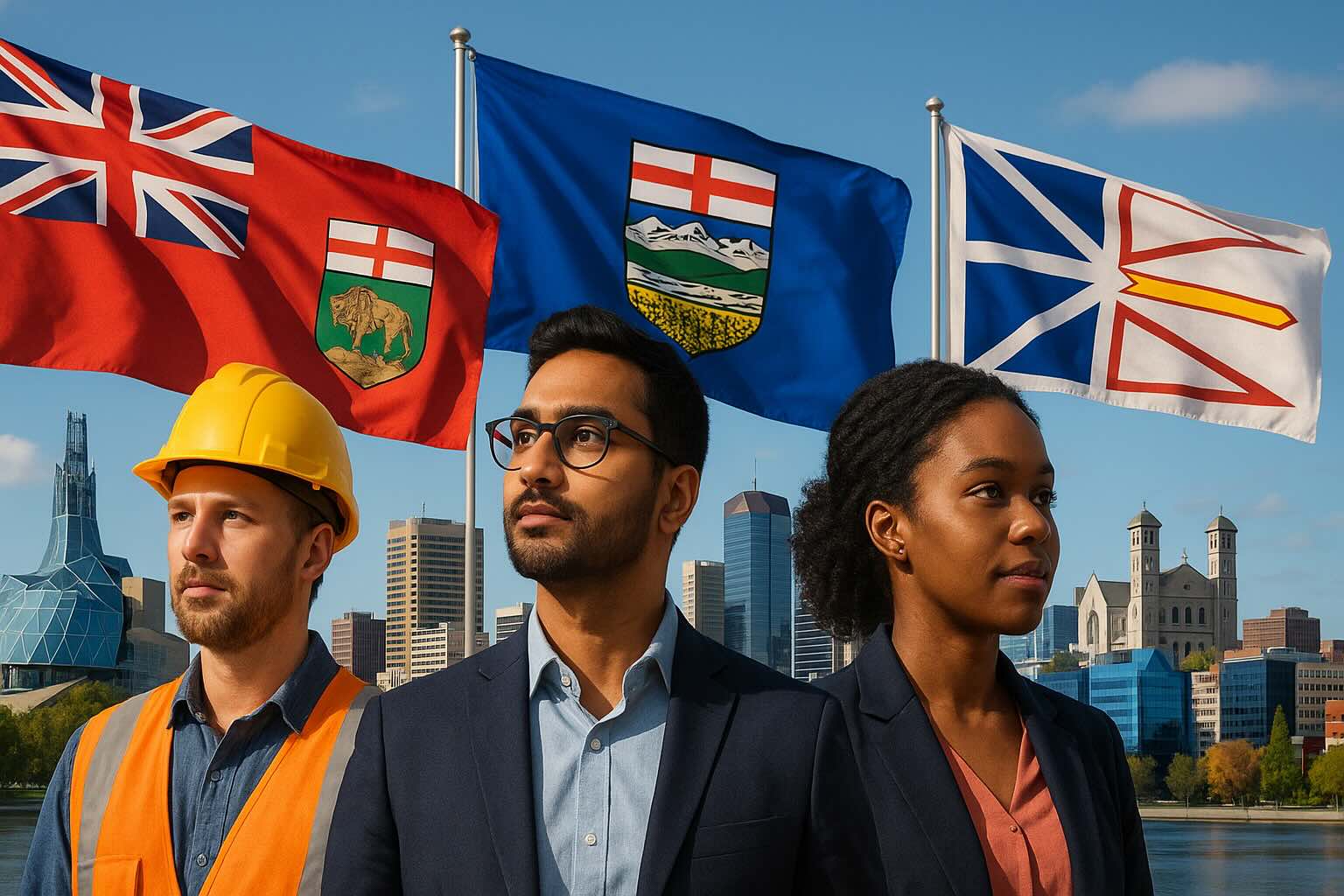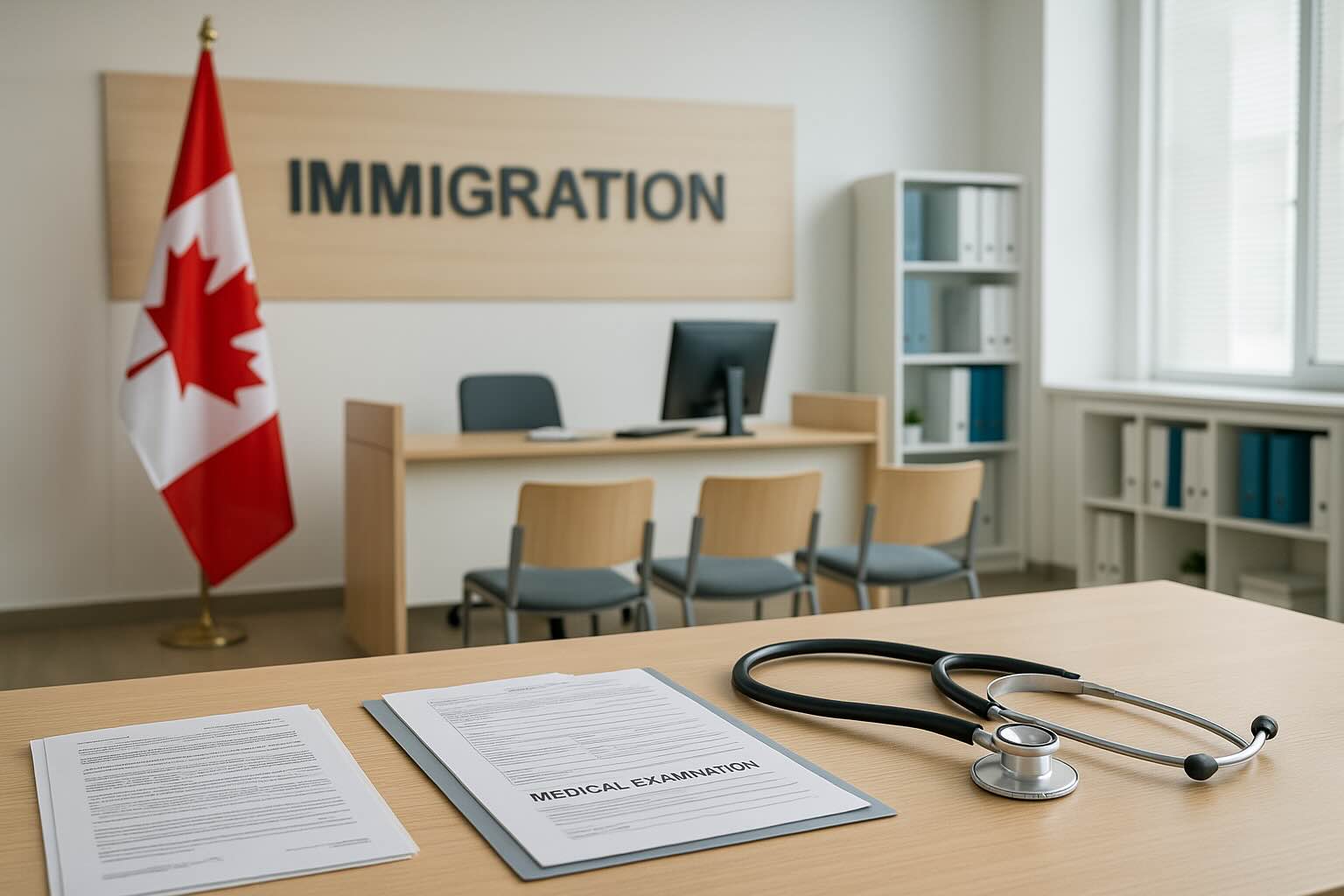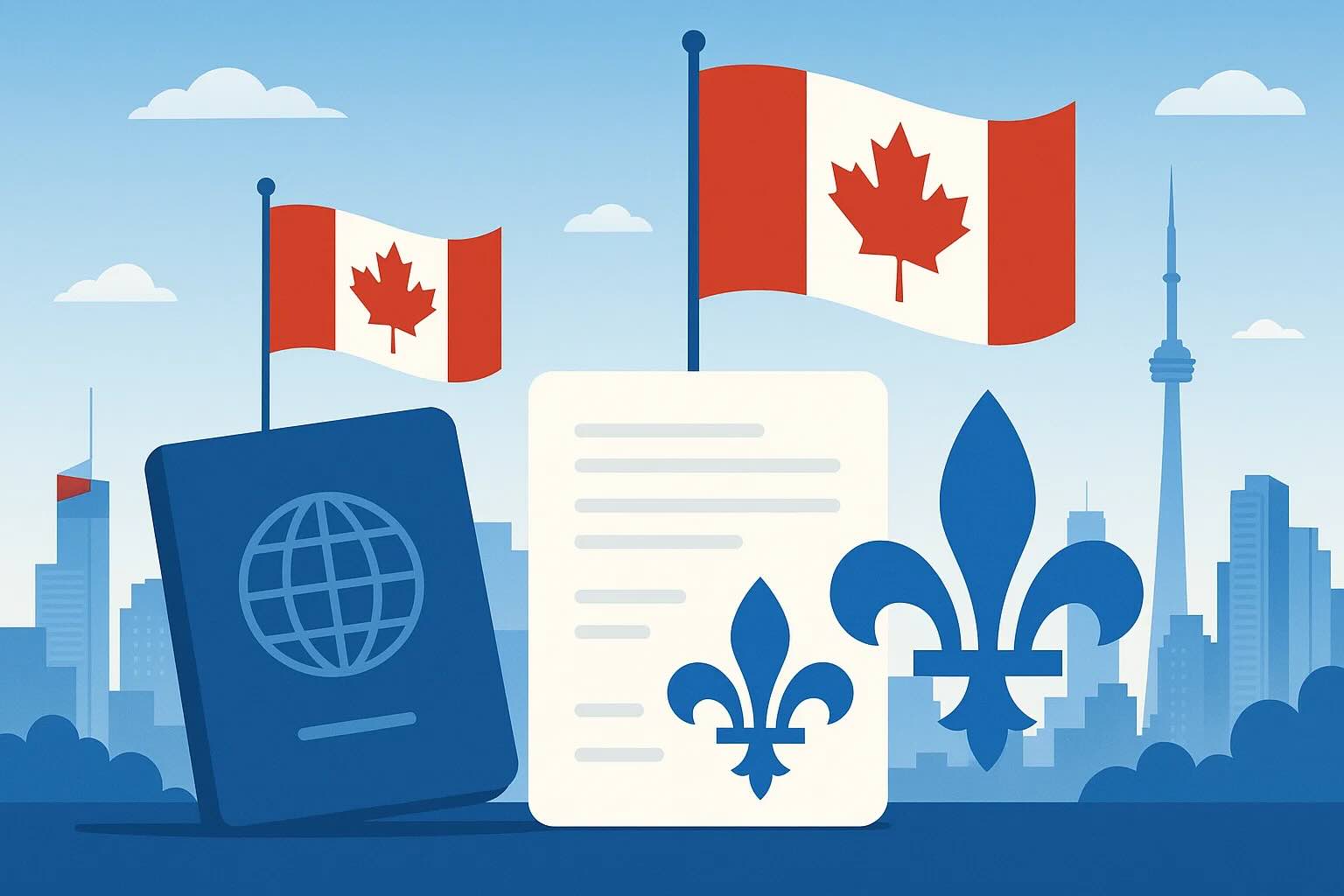
For tens of thousands of immigrant families in Canada, the opportunity to sponsor their parents or grandparents for permanent residence is a long-awaited moment. When an Invitation to Apply (ITA) for the Parents and Grandparents Program (PGP) arrives from Immigration, Refugees and Citizenship Canada (IRCC), it's more than just an email—it carries the hopes of an entire family. However, this precious opportunity may only come once, and even the smallest mistake can lead to the application's failure.
Based on official IRCC guidelines and past cases, this article outlines five of the most easily overlooked yet critical errors that can lead to refusal, reminding all sponsors and applicants to proceed with the utmost care.
Mistake 1: Submitting Incomplete Applications – A Last-Minute Failure
Incompleteness is one of the top reasons PGP applications are rejected. If IRCC deems an application incomplete, it will send a letter requesting the missing documents, which must be provided within 30 days. Failure to respond within this timeframe will result in the application being returned without processing.
This means the sponsor must resubmit an Interest to Sponsor form and re-enter the lottery pool, hoping for another chance to be selected. Considering that IRCC has not opened a new intake pool for prospective sponsors since 2020 and that invitations are issued via a random lottery, having an application returned for incompleteness could mean waiting years for another opportunity.
How to Avoid This: IRCC's official website provides extensive reference materials. Both sponsors and the principal applicants should strictly follow the official Document Checklist (IMM 5771), reviewing every item to ensure all necessary documents and fees are included without exception.
Mistake 2: Replying to "No-Reply" IRCC Emails – Sending Information into the Void
During the application process, applicants may need to communicate with IRCC for various reasons, such as submitting additional documents, updating crucial information, or responding to an officer's inquiry. A fatal error is replying directly to an official IRCC email address that contains "donotreply" or similar identifiers.
These email addresses are typically unmonitored. Even without an automatic bounce-back message, it does not mean your email was received. This can lead to critical information never reaching its destination, ultimately causing the application to be returned due to missing information.
How to Avoid This: First, always double-check the email address you are replying to. Second, when IRCC requests more information, it will usually provide specific instructions on how and where to respond. Most importantly, IRCC officially recommends using its official Web Form to update any information in a submitted application, rather than using email.
Mistake 3: Information in the Interest to Sponsor Form Doesn't Match the Application – Calling Your Credibility into Question
Another common reason for refusal is a discrepancy between the information in the final application and what was submitted in the original Interest to Sponsor form. In such cases, IRCC may conclude that the ITA was issued under false pretenses and may reject the application outright.
This is a particularly tricky issue for this year's applicants, as the original Interest to Sponsor forms were submitted back in 2020, making unintentional errors more likely.
How to Avoid This: Applicants must take extra care to meticulously compare every piece of information in their formal application against the form submitted in 2020. Furthermore, be aware that any form of "misrepresentation," even if unintentional, can have severe consequences for the current application and any future immigration matters.
Mistake 4: Incorrectly Signing or Validating Application Forms – The Technical Details Trap
Whether applying electronically or on paper, signing is a step that cannot be overlooked. For electronic forms, applicants must use the built-in digital signature feature. Paper forms require a physical signature.
Even more critical for certain forms is the "validation" process. Some forms (like IMM 0008) require the applicant to click the "Validate" button at the top or bottom after completion. This generates a 2D barcode that IRCC scans to ensure all required fields have been filled. Missing this step will render the application incomplete.
How to Avoid This: Carefully read the instructions for each form to ensure it is signed and validated as required. Note that you will need to install Adobe Acrobat Reader 10 or higher to complete IRCC forms.
Mistake 5: Parents or Grandparents Omitting Periods of Unemployment – The Overlooked "Gaps"
Although IRCC's official documentation can be unclear on this specific requirement, omitting any periods of unemployment from the personal history or resume of the person being sponsored can sometimes lead to a refusal.
How to Avoid This: The safest approach is to ensure that the resume of the principal applicant (the parent or grandparent) and any dependents is complete and continuous, clearly listing all work history and any gaps of unemployment in between. It is also advisable to update the applicant's public profiles, such as LinkedIn, to ensure consistency with the information submitted to IRCC and avoid any unnecessary complications.
In conclusion, the Parents and Grandparents Program application is a rigorous legal process where success often hinges on attention to detail. Upon receiving a precious Invitation to Apply, applicants should hold themselves to the highest standard, preparing meticulously and proceeding with caution to ensure a successful outcome.
